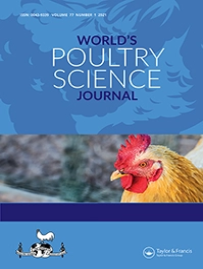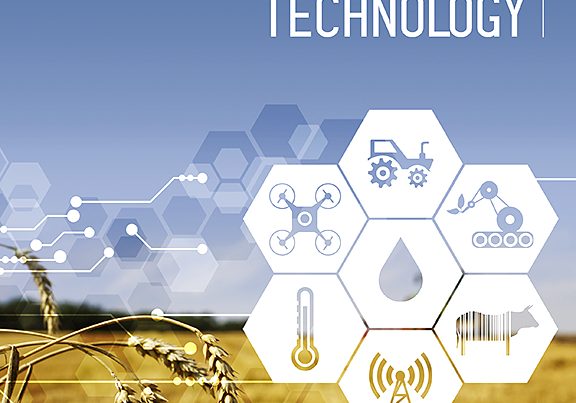Document type: Scientific review published in World's Poultry Science Journal.
Authors: V. H. B. Ferreira, V. Guesdon, L. Calandreau
Preview: A recent definition of animal welfare states that 'the welfare of an animal is its positive mental and physical state related to the fulfilment of its physiological and behavioural needs in addition to its expectations. This state can vary depending on the animal's perception of a given situation'. This definition confirms the importance of taking the individual animal perspective (i.e. its cognition) into consideration, in order to properly assess its welfare. Cognitive abilities of domestic chickens have been extensively studied in recent years, but few of these studies focussed on the relationship between chicken cognition and welfare issues commonly found in chicken production systems. Considering the chickens' cognitive abilities offers new and different perspectives on the welfare problems faced by chicken production. Combined with applied research, cognitive studies can generate impactful and science-based strategies to solve these problems better. In this short non-systematic review, we focus on cognitive research aimed at understanding three widespread welfare issues in poultry production: uneven range use in free-range broiler chickens and laying hens, feather pecking in laying hens, and the unfulfilled behavioural and physiological needs of broiler breeders. Knowledge of chicken cognitive abilities is critical to ameliorate chickens' rearing conditions and develop systems and practices that are more respectful of animal welfare.




